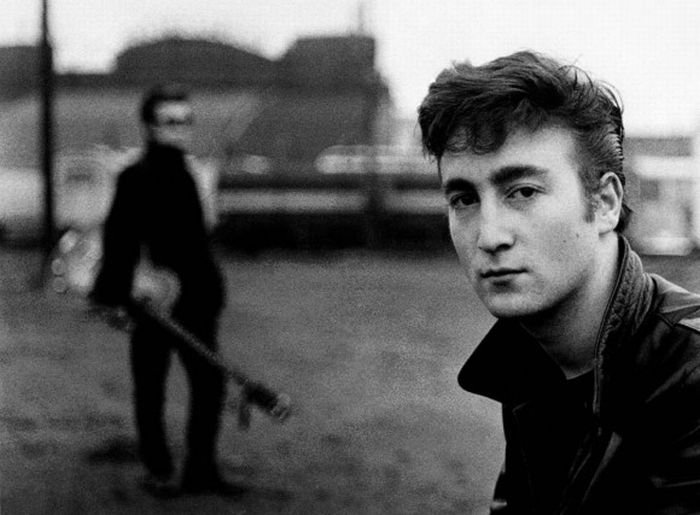|
|
History: Early Years Of The Beatles
|
The critical response ... ranged from mixed to flat. In marked contrast to Sgt. Pepper, which had helped to establish an entire genre of literate rock criticism, the White Album inspired no critical writing of any note. Even the most sympathetic reviewers ... clearly didn't know what to make of this shapeless outpouring of songs. Newsweek's Hubert Saal, citing the high proportion of parodies, accused the group of getting their tongues caught in their cheeks.
General critical opinion eventually turned in favour of the White Album, and in 2003 Rolling Stone ranked it as the tenth greatest album of all time. Pitchfork describes it as "large and sprawling, overflowing with ideas but also with indulgences, and filled with a hugely variable array of material ... its failings are as essential to its character as its triumphs." Allmusic observes, "The Beatles' two main songwriting forces were no longer on the same page, but neither were George and Ringo"; yet "Lennon turns in two of his best ballads", McCartney's songs are "stunning", Harrison is seen to have become "a songwriter who deserved wider exposure" and Starr's composition is "a delight".
By now the interest in their lyrics was taking a serious turn. When Lennon's song "Revolution" had been released as a single in August ahead of the White Album, its messages seemed clear: "free your mind", and "count me out" of any talk about destruction as a means to an end. In a year characterized by student protests that stretched from Warsaw to Paris to Chicago, the response from the radical left was scathing. However, the White Album version of the song, "Revolution 1", added an extra word, "count me out ... in", implying a change of heart since the single's release. The chronology was in fact reversed—the ambivalent album version was recorded first—but some felt that Lennon was now saying that political violence might indeed be justifiable.
The Yellow Submarine LP finally appeared in January 1969. It contained only four previously unreleased songs, along with the title track (already issued on Revolver), "All You Need Is Love" (already issued as a single and on the US Magical Mystery Tour LP) and seven instrumental pieces composed by Martin. Because of the paucity of new Beatles music, Allmusic suggests the album might be "inessential" but for Harrison's "It's All Too Much", "the jewel of the new songs ... resplendent in swirling Mellotron, larger-than-life percussion, and tidal waves of feedback guitar ... a virtuoso excursion into otherwise hazy psychedelia".
|
|









